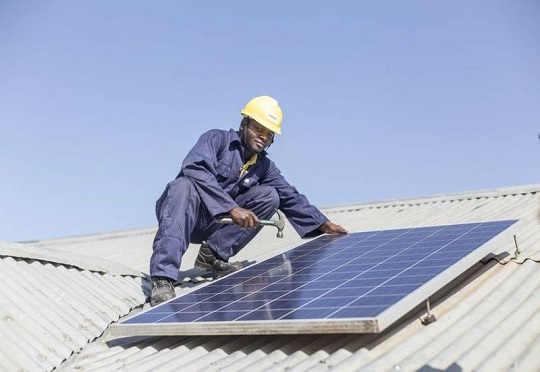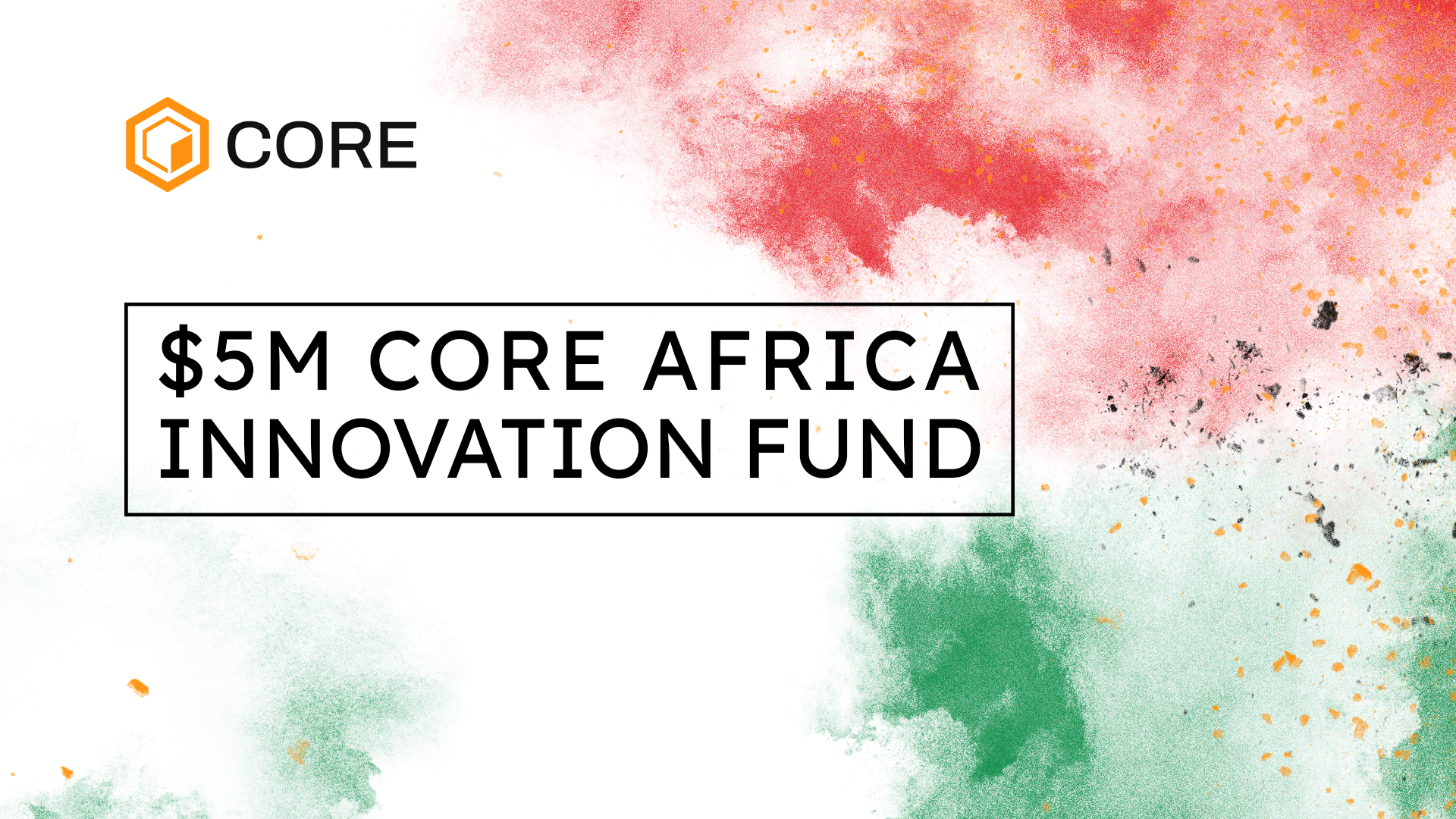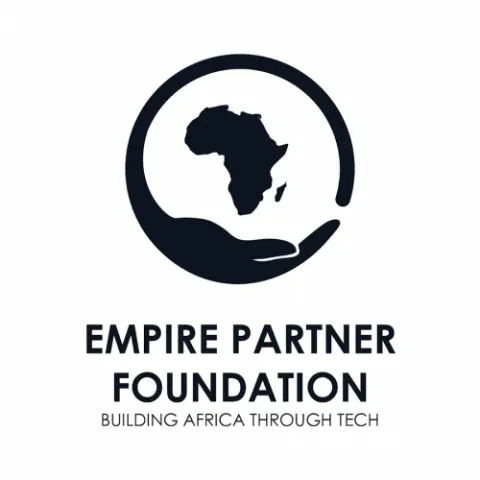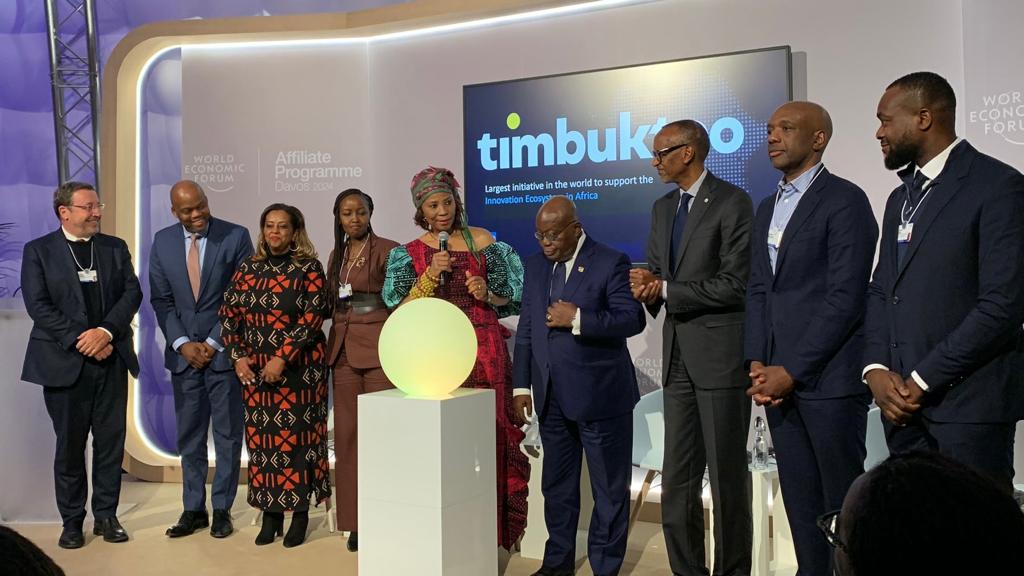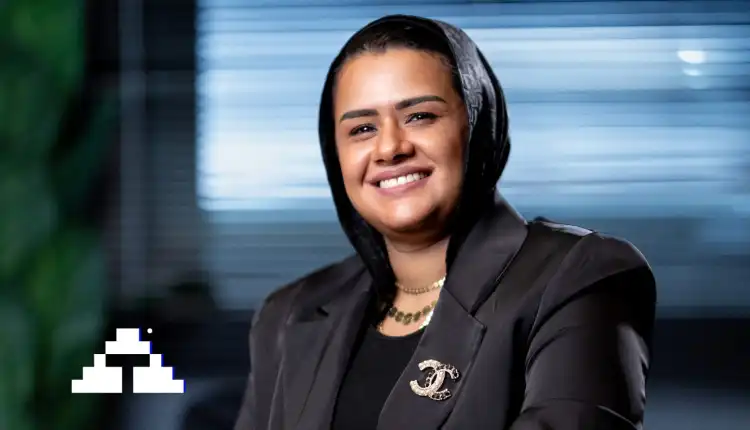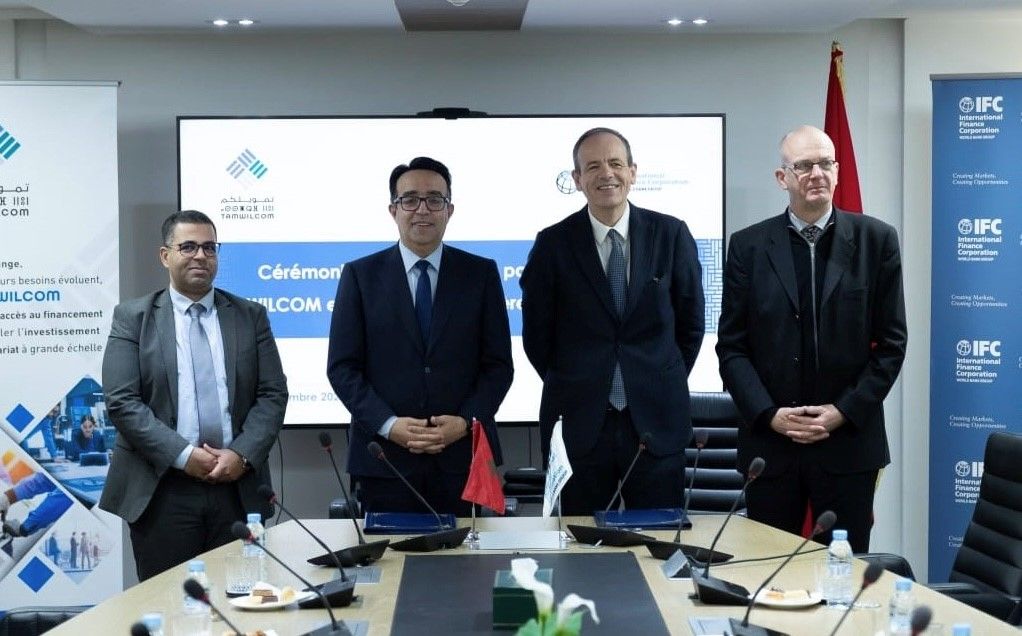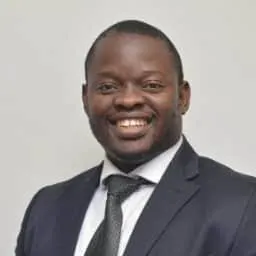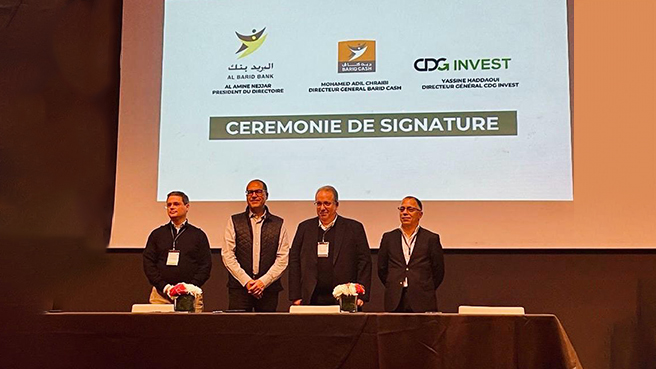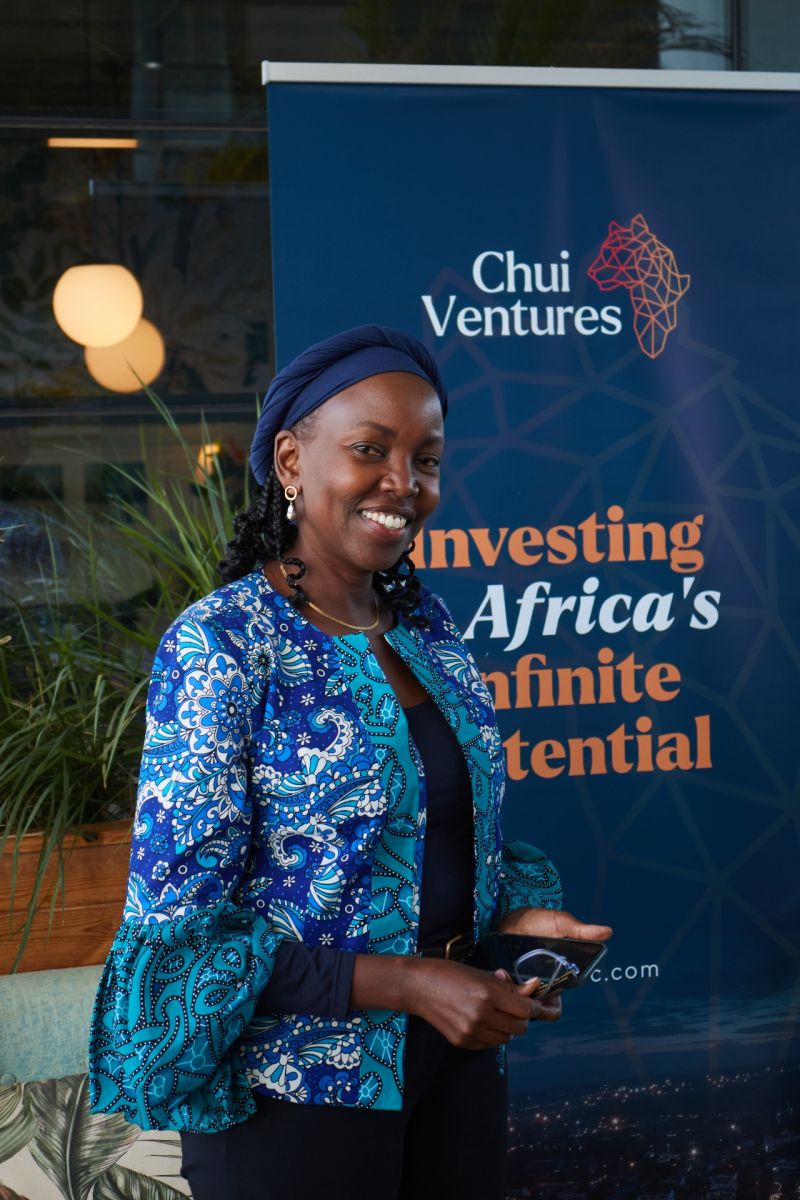Mirova Gigaton Fund Surpasses $282 Million Milestone for Clean Energy in Emerging Markets
Sustainable investment manager Mirova has announced a significant milestone in its efforts to expedite the shift to clean energy in emerging markets. The Mirova Gigaton Fund, launched a year ago with the aim of raising $500 million, has successfully secured $282 million in commitments, marking a remarkable achievement in its mission to support sustainable initiatives worldwide.
The recent boost came in the form of a $75 million senior commitment from the European Investment Bank (EIB), adding to the diverse set of contributions that have poured in since the fund’s initial closing in March 2023. This development represents more than half of the fund’s target capital and underscores the growing support for sustainable investments in the financial landscape.
The primary objective of the Mirova Gigaton Fund is to provide medium- to long-term debt financing for clean energy projects, with a specific focus on emerging regions such as Africa, Latin America, the Middle East, and Asia. The fund seeks to rally support from institutional investors for impactful endeavors related to climate mitigation and adaptation, social development, economic infrastructure, and gender equality investments.
Focusing primarily on small and medium-sized enterprises (SMEs), the fund directs attention to various sectors, including solar home systems, agri-solar, commercial and industrial solar, telecom tower solarization, mini-grids, and emerging areas such as e-mobility, battery storage, climate-smart food systems, energy efficiency, and carbon credit pre-financing.
Aligned with the G7-founded 2X Challenge initiative, the Mirova Gigaton Fund aims to enhance the well-being of women in emerging markets. This involves facilitating access to finance for female entrepreneurs, increasing women’s access to clean energy, fostering equitable and quality employment, and supporting entrepreneurial success.
In addition to the substantial commitment from the European Investment Bank, Mirova also disclosed a €5 million catalyst junior investment through the Luxembourg-EIB Climate Finance Platform. This platform is designed to stimulate investments from both public and private sectors into high-impact companies operating in emerging markets involved in climate change and mitigation projects.
Projects already supported by the Mirova Gigaton Fund include SunCulture, a Kenya-based provider of solar and irrigation systems for smallholder farmers; Solar Panda, a home solar system provider; and Energy Vision, a clean energy solutions provider focused on Gabon and Nigeria.
As the Mirova Gigaton Fund continues to gain momentum, its success not only signifies a major step towards a sustainable future but also highlights the increasing importance of private investment in clean energy initiatives in emerging markets. The fund’s commitment to promoting gender equality and its alignment with global initiatives like the 2X Challenge showcase its dedication to creating a positive impact on both the environment and local communities.

Charles Rapulu Udoh is a Lagos-based lawyer, who has several years of experience working in Africa’s burgeoning tech startup industry. He has closed multi-million dollar deals bordering on venture capital, private equity, intellectual property (trademark, patent or design, etc.), mergers and acquisitions, in countries such as in the Delaware, New York, UK, Singapore, British Virgin Islands, South Africa, Nigeria etc. He’s also a corporate governance and cross-border data privacy and tax expert. As an award-winning writer and researcher, he is passionate about telling the African startup story, and is one of the continent’s pioneers in this regard.

